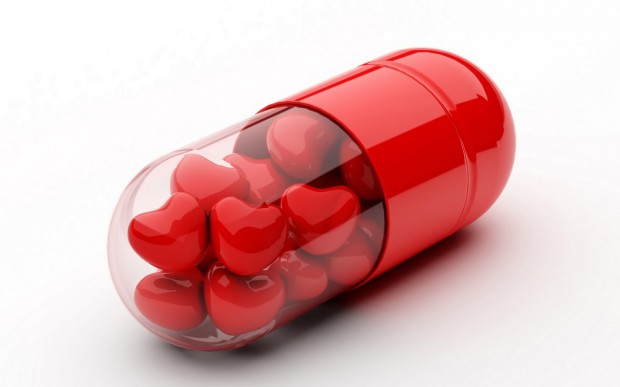By Brian Earp
See Brian’s most recent previous post by clicking here.
See all of Brian’s previous posts by clicking here.
Follow Brian on Twitter by clicking here.
The will is caused, not free
Everyone is talking about free will these days. Sam Harris has a new book out. Eric MacDonald has weighed in on that. Jerry Coyne, Paul Bloom, and some philosopher-types have a debate going on in the Chronicle of Higher Education. And way back in 2009 the Society for Personality and Social Psychology hosted a “showdown” between psychologists Roy Baumeister and John Bargh on the topic: What does the ‘free’ in ‘free will’ really mean? [A video of Bargh’s half can be seen here. Baumeister is here.]
The SPSP conference led to a fiery exchange of blog posts between the two principles, and then to a more sedated pair of papers in the society’s newsletter, Dialogue. Baumeister enlisted Kathleen Vohs to co-author his piece, and Bargh (for some reason) enlisted me. Here is what Professor Bargh and I had to say — after this delightful FoxTrot comic by Bill Amend.
Read More »The will is caused, not free


